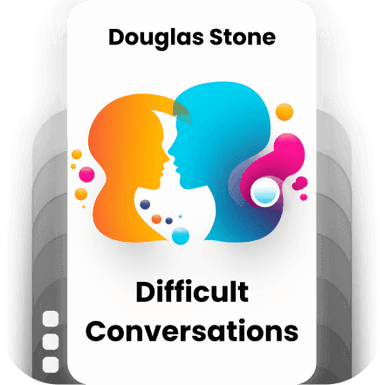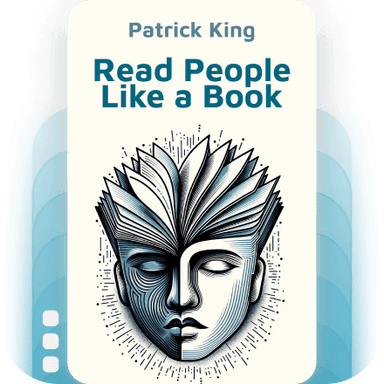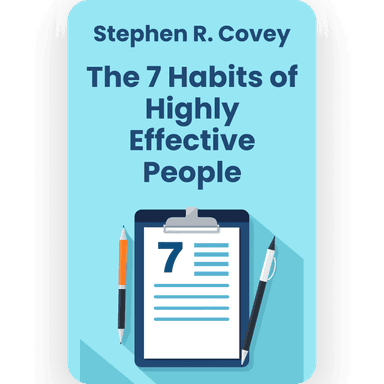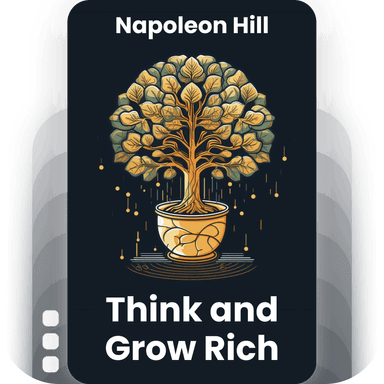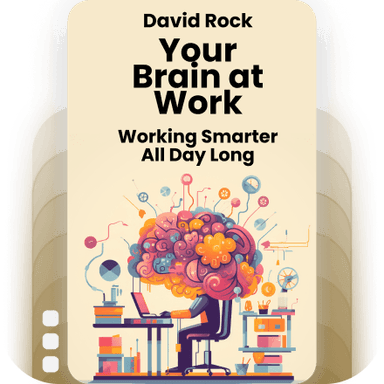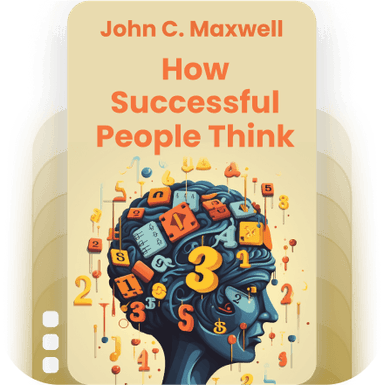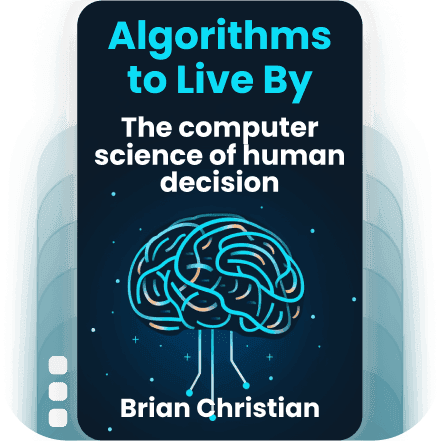
Algorithms to Live By: The Computer Science of Human Decisions
Brian Christian
4.1 - 5 ratings
10
List Points
10
Chapters
5
Topics
Description
Algorithms to Live By: The Computer Science of Human Decisions, written by Brian Christian, explores how fundamental principles of computer algorithms can be applied to improve our daily decision-making processes. By bridging the gap between digital computations and human choices, the book examines how algorithms optimized for computers can offer tangible strategies for everything from scheduling, prioritizing, and choosing when to stop searching for better options, to managing memory and organizing space. Through practical examples and accessible explanations, Christian demonstrates that the logical precision and efficiency of computer science can be harnessed to navigate the complexities of human life, ultimately making our personal and professional decisions more optimal and less stressful.
What will you learn?
By exploring the principles of computer science, this book reveals how algorithms can simplify and improve daily decision-making processes, offering practical strategies for tasks such as scheduling, memory management, and optimal stopping. Readers will learn how computational concepts can be applied to diverse aspects of life, helping to navigate uncertainties, enhance efficiency, and make more informed choices. Through a blend of engaging storytelling and scientific insight, it transforms abstract algorithms into accessible tools for everyday problem-solving and personal productivity.
Who’s it for?
• Individuals interested in optimizing decision-making processes.
• Computer science enthusiasts.
• Professionals seeking to apply algorithms in everyday life.
• Students studying artificial intelligence or cognitive science.
• Self-improvement seekers looking for practical advice.
Categories
Key Learning
Available chapters to listen for this topic- 1
Optimal Stopping
The Key to Knowing When to Act - 2
Explore-Exploit Dilemma
Balancing Between Trying New Things and Sticking with What Works - 3
Sorting
The Science of Order and Organization - 4
Caching
The Strategy of Temporary Storage for Rapid Access - 5
Scheduling
The Optimal Way to Manage Time and Task Prioritization - 6
Bayes' Rule
Incorporating New Evidence into Decision Making - 7
Overfitting and Regularization
Learning the Right Complexity for Problem-Solving - 8
Competitive Optimization
Game Theory and Strategic Decision-Making - 9
Networking
Understanding Connectivity and Network Theory - 10
Randomness and Robustness
Embracing Random Strategies for Stable Outcomes


